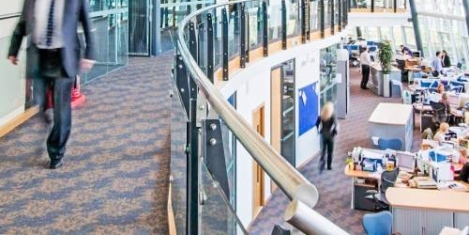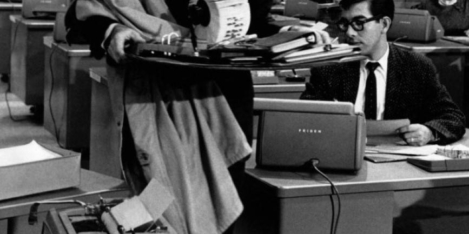April 20, 2017
UK government property agency opens bidding for huge estates framework 0
 The UK government has opened the tendering process the Estates Professional Services framework, the vast public sector property contract that covers all central and local government property and which reports claim is worth up to £430m in fees to the firms appointed. The bid is managed by the Crown Commercial Service, an agency sponsored by the Cabinet Office which has been driving the major overhaul of public sector property as it seeks to save £8 billion through a programme of rationalisation and divestment. The contract runs for four years with the present framework due to expire this September.
The UK government has opened the tendering process the Estates Professional Services framework, the vast public sector property contract that covers all central and local government property and which reports claim is worth up to £430m in fees to the firms appointed. The bid is managed by the Crown Commercial Service, an agency sponsored by the Cabinet Office which has been driving the major overhaul of public sector property as it seeks to save £8 billion through a programme of rationalisation and divestment. The contract runs for four years with the present framework due to expire this September.






































